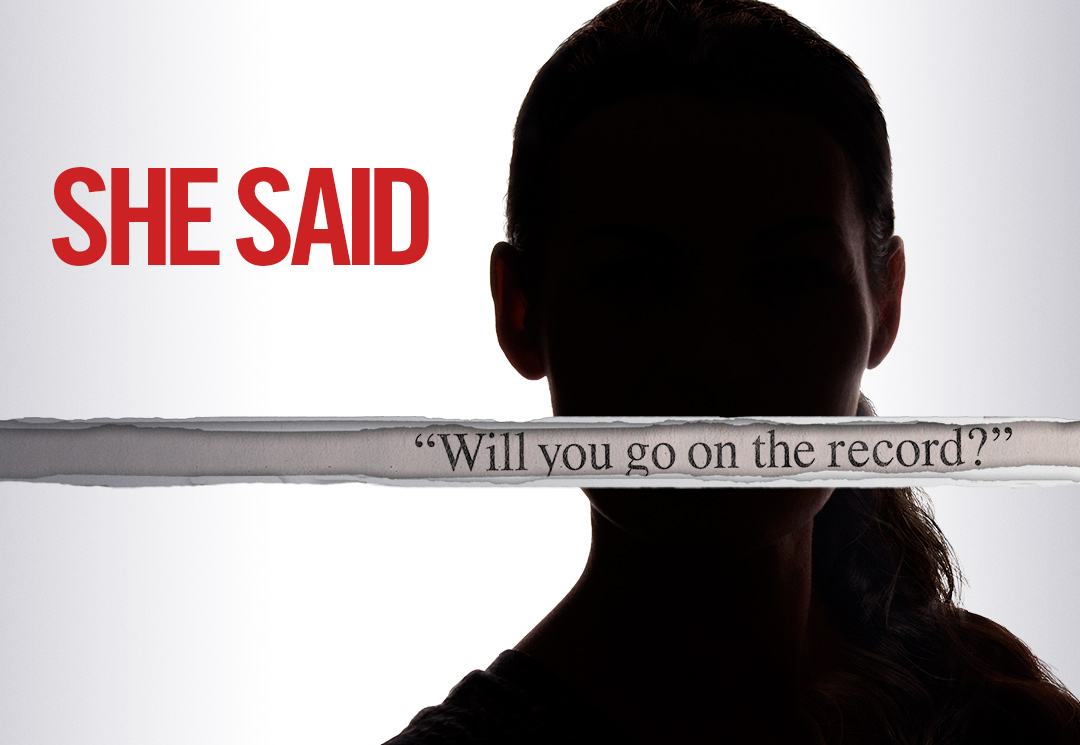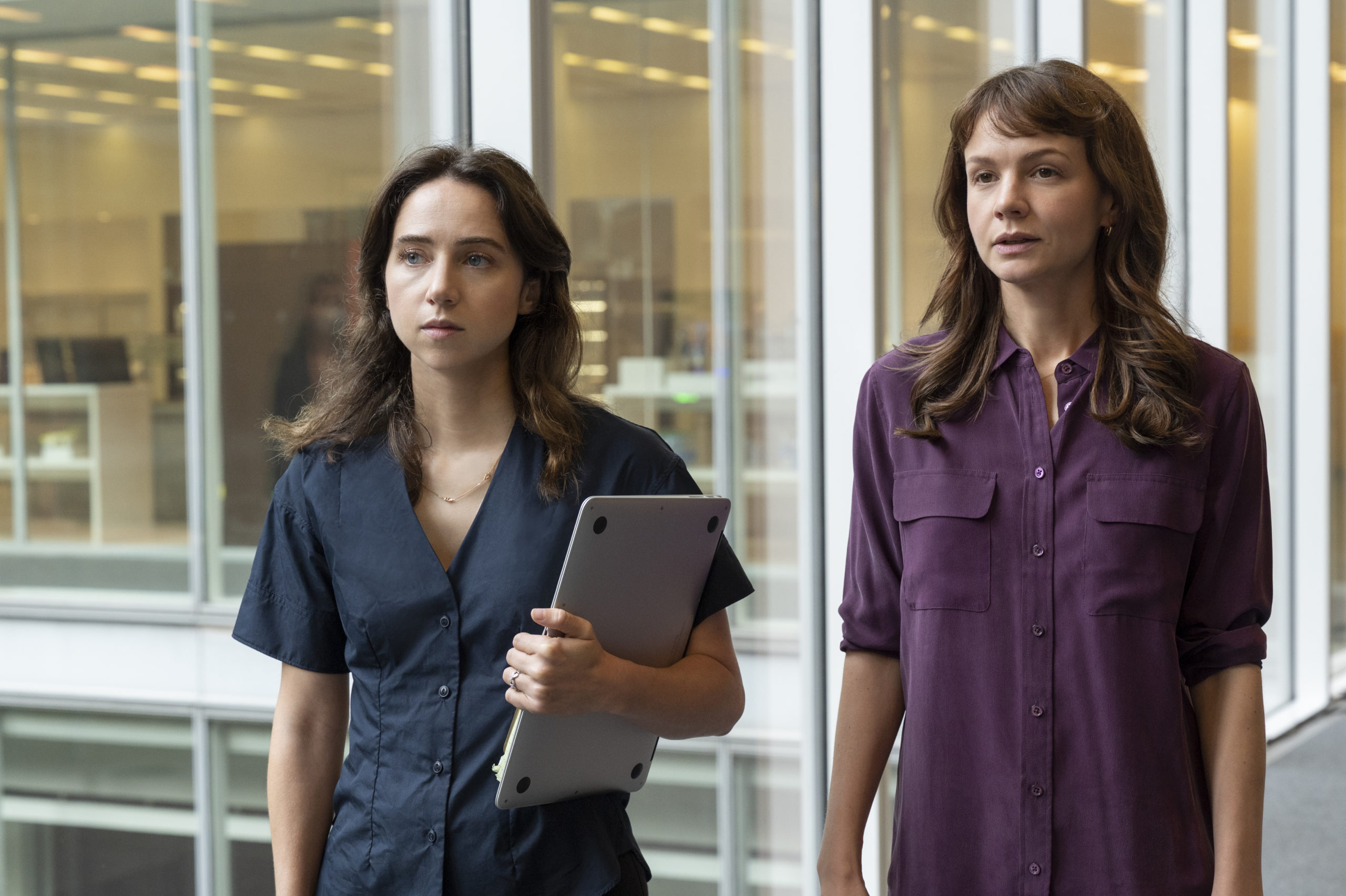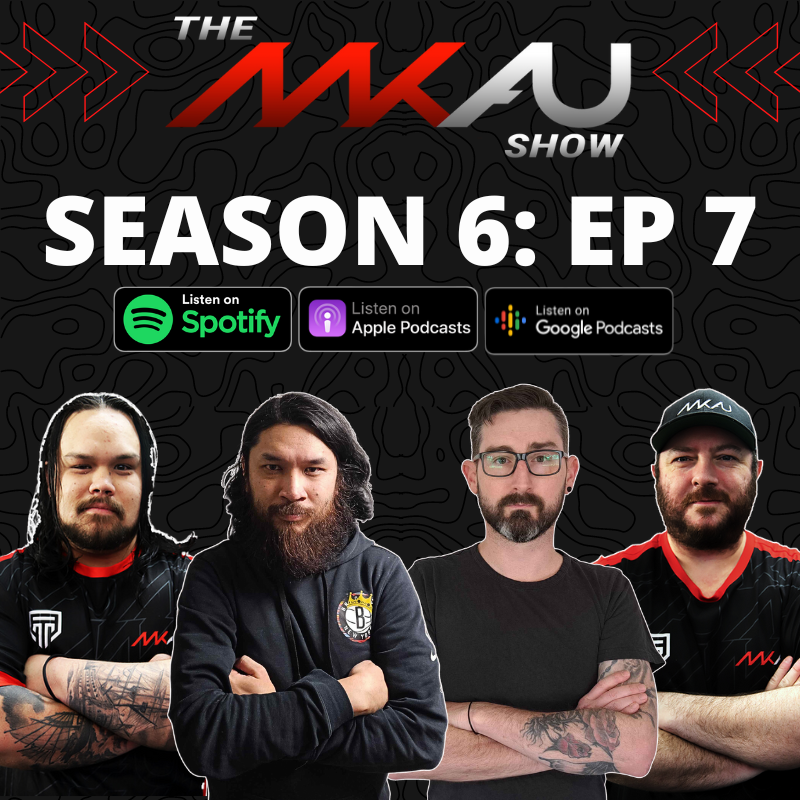
The 2019 book She said, which was written by Jodi Kantor and Megan Twohey, has been brought to the silver screen for a dramatic telling of their story, in conjunction with Universal Pictures, Plan B Entertainment, and Annapurna Pictures, is based on the true events of these two well-established journalists from the New York Times, who together, worked tirelessly to bring to light the distressing history of Hervey Weinstein. Their efforts also inadvertently started a powerful movement that continues to shape the world as we strive for a safer environment for the workplace, public domain, and household lives.
For this review, I will convey how the film itself has been put together through storytelling and character development first and foremost. The historical accuracy will be mentioned, but more as an overview of the real-life events rather than a statement of fact, as the real-life events are still surrounded by stories that were told off the record, and the dramatization of the film may not have the events directly lined up with how they unfolded.
Zoe Kazan and Carey Mulligan have the monumental task of portraying Jodi and Megan respectfully, with Patricia Clarkson and Andre Braugher offering the critical support structure as the management that stands steadfast behind them in their mission. Megan (Carey Mulligan) has a storied history of expansive investigative reporting, and the opening acts of the film reflect the hardship and toll it can take, as she published pieces against Donald Trump during his initial election campaign were met with heavy resistance.
Her resolve with the backlash was admirable, and at face value to her peers, was reassuring. Behind closed doors though, the pressure was noticeable, and the stress of becoming a parent plagued heavily on her character throughout the opening act.

Jodi (Zoe Kazan), in the meantime, was beginning to piece together the fragmented trail that one of Hollywood’s most prolific producers, Hervey Weinstein, was leaving in his wake. While being far from inexperienced, Jodi, trying to find her footing in the direction she needed to take and how to approach her interviews, opened the field for her co-workers to offer support. Rebecca Corbett (Patricia Clarkson) and Dean Baquet (Andre Braugher) were a calming yet assertive presences to both Jodi and Megan.
Rebecca, being the experienced veteran, was instrumental in bringing out what skillset was already there in both journalists, being able to coax out the fire needed to pursue leads no matter how far they seemed. Whereas Dean, with his steely resolve, was able to abruptly cut short any lingering doubt that hung over their work and would remind them what points they needed to hit for the article.
The majority of the film rotates around personal one-on-one time as the victims are battling with the potential ramifications of stepping forward in a named capacity, cinematically setting the scenes of their trauma by showcasing a recreation of the rooms the sexual assault occur. The slow pan across the scene as the words of the retelling to an absent soundtrack gave gravity to the experience these women experienced. This allowed the words their own space to be told, and the segments in between were coated with a heavy and expressive musical score that matches the bleak ambience of the overcast daytime scenes and the moonlit nighttime sections where they would crowd around a lamp in the middle of the night.

Jodi was largely the forefront character and her decisive yet deliberate questioning was a clever collection of dialogue. Being able to cover who was the focus of the victims’ stories, why they felt that way, and what happened before and after was a fantastic display of journalism. Megan was more direct and witty in her delivery as she danced around the likes of the well-trained lawyers in order to trip them up on their own orchestrated defence.
The emotional break came in the form of a number of the “off the record” cases, coming through at the last minute to become named sources, and these were perhaps a deliberate setup for a more dramatic payoff. Jodi’s resolved demeanour crumbling in an emotional release as her work transcended a mere story was the birth of the #metoo movement, but it was worth it as the much-needed tension relief came through at the right time.
She Said is a powerful, deliberate, and gripping story, and has been expertly adapted into a film. Through a creative set of retellings that incorporates the trauma of the victims who came forward, the collective cast came together to handle the narrative with care. The real-life implications have broken the deafening silence of harassment and abuse of power in a long-running endeavour, and the film is able to convey this message while creating a compelling and structured narrative.

The Good
- Cinematic recreation of events elevated the mood
- Zoe Kazan and Carey Mulligan collaboration was captivating
- Supporting cast were not intrusive and well placed
- Somber and bleak musical score was expertly executed
- Real life events were handled as delicately as possible
The Bad
- Interview heavy set pieces can feel repetitive at times








